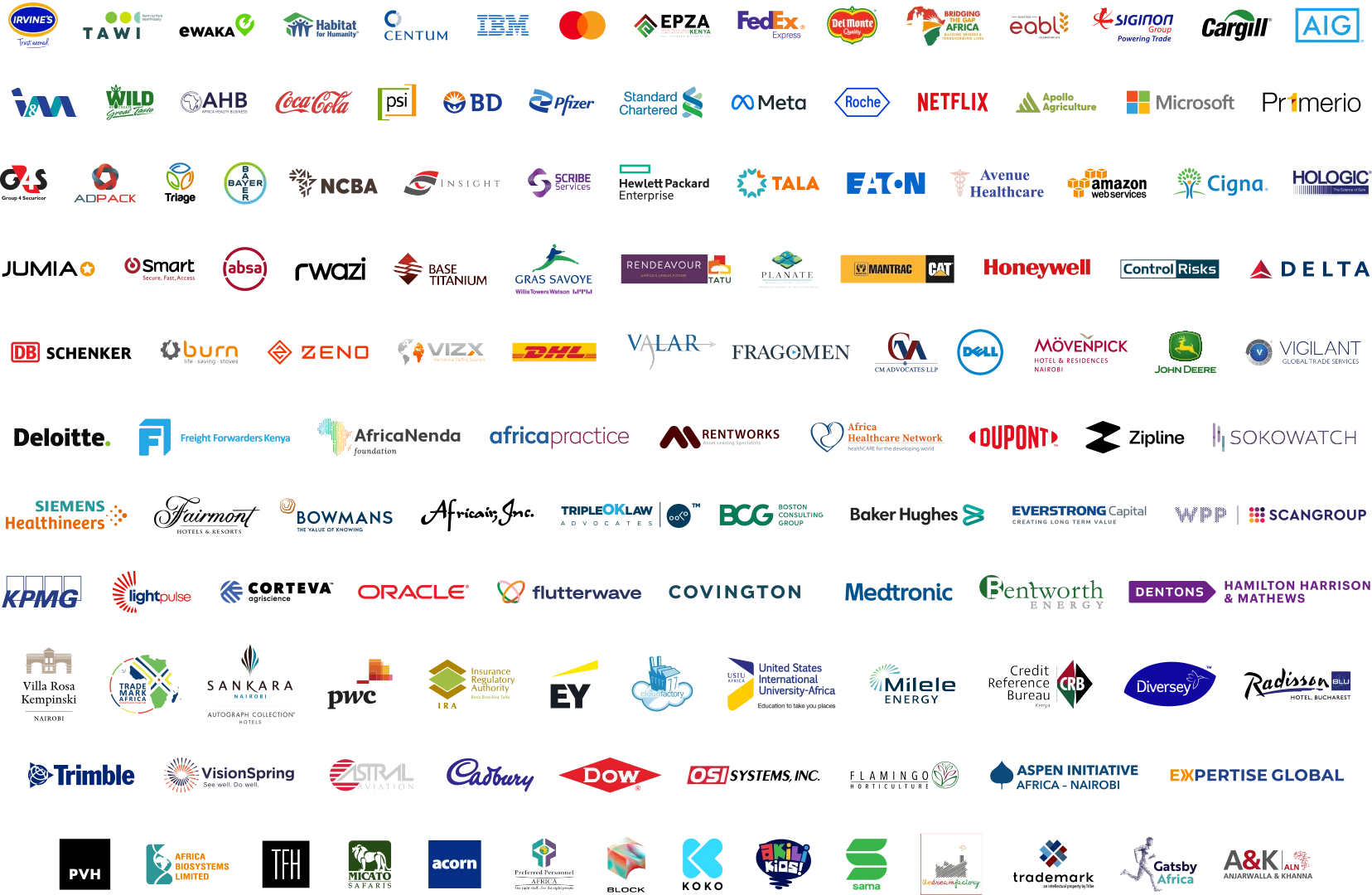Nairobi, Wednesday, July 8, 2020… The Kenya Private Sector Consortium has voiced its support for the on-going Kenya - U.S. Free Trade negotiations. The consortium is made up of several members of The Kenya Private Sector Alliance (KEPSA) such as the American Chamber of Commerce in Kenya (AMCHAM), the Kenya Association of Manufacturers (KAM), the Kenya National Chamber of Commerce and Industry (KNCCI), the Kenya Healthcare Federation and the Agriculture Sector Network (ASNET) and select industry experts. The private sector sees the negotiations as an opportunity for expanded, fair and balanced trade between the two countries that will catalyse mutual economic growth.
“We fully support the efforts of Kenya and the United States to negotiate a comprehensive and high-standard trade agreement to grow two-way trade and private sector investment,” said Nick Nesbitt, Chairman of the Private Sector Consortium on the Kenya – U.S. Free Trade Agreement (FTA) and also Chairman of the Kenya Private Sector Alliance and the East Africa Business Council.
Kenya and the United States have a long history of commercial ties dating back over 70 years. The announcement in March 2020 of the intention to negotiate a bilateral trade agreement between the two countries marked a pivotal juncture in this relationship and signalled a deepening of Kenya - U.S. commercial cooperation.
The two countries currently trade under the African Growth and Opportunity Act (AGOA) agreement which is set to expire in 2025. Despite having this agreement in place, trade between Kenya and the U.S. remains limited with two-way goods trade registered at $1.1 billion in 2019.
Kenya being East Africa’s largest business, financial, and transportation hub, with 80% of East Africa’s trade flowing through Mombasa Port, the U.S. stands to benefit from access to diversified supply chains, local partnerships, markets, and expansion opportunities which will give stability and growth to American businesses and the U.S. economy.
Phillipine Mtikitiki, AmCham Kenya Board President highlighted this aspect of mutual benefit for both countries saying, “A comprehensive, rules-based system allows for increased ease of trade and doing business between the two countries which can spur mutual prosperity, a win-win situation where both countries benefit from growth in trade and private sector investment leading to job and wealth creation”.
Richard Ngatia, President KNCCI added, “This agreement will increase access to both the Kenyan and the U.S. market driving growth in exports for local manufacturers and accelerated growth of SMEs, the service economy and digital trade. Consumers also stand to benefit from expanded choice of high-quality goods and services as a result of the competition it will create in the market”.
The trickle-down effect of the FTA is set to complement and enhance existing regional trade agreements such as the East African Community (EAC) and the AfCFTA.
“The FTA has the potential to revitalise both local and regional manufacturing as increased opportunities for export of goods to the U.S. and across Africa with the implementation of the AfCFTA will provide opportunities for complementary linkages in various industry sectors and the development of regional value chains” said Phylis Wakiaga, CEO, KAM.
With diverse global partnerships increasingly key to economic growth in an ever increasingly interconnected world, “The current health crisis and economic challenges posed by COVID-19 have underscored the need for stronger economic relationships between countries to diversify supply chains and lay stronger foundations for more resilient economies to address current and future challenges,” added Nesbitt.
The FTA stands to boost the long-term economic outlook for Kenya positioning the country as a continental model for economic revitalization through international trade.
Ends…
Note to Editors
The Private Sector Consortium on the Kenya – U.S. Free Trade Agreement is a working group setup purely to provide private sector input to the FTA. The consortium is made up of several members of The Kenya Private Sector Alliance (KEPSA) such as the American Chamber of Commerce in Kenya (AMCHAM), the Kenya Association of Manufacturers (KAM), the Kenya National Chamber of Commerce and Industry (KNCCI), the Kenya Healthcare Federation and the Agriculture Sector Network (ASNET) and select industry experts.







